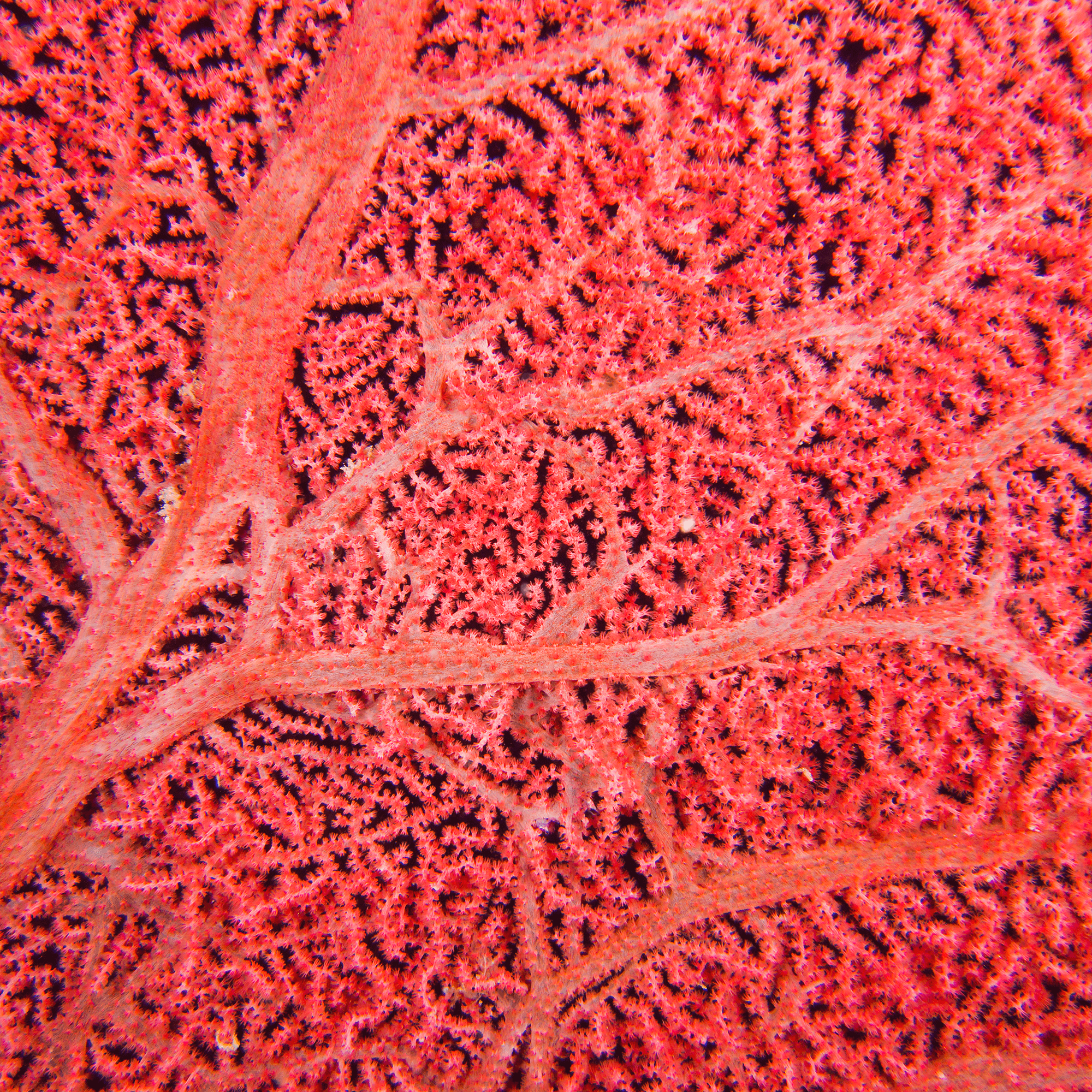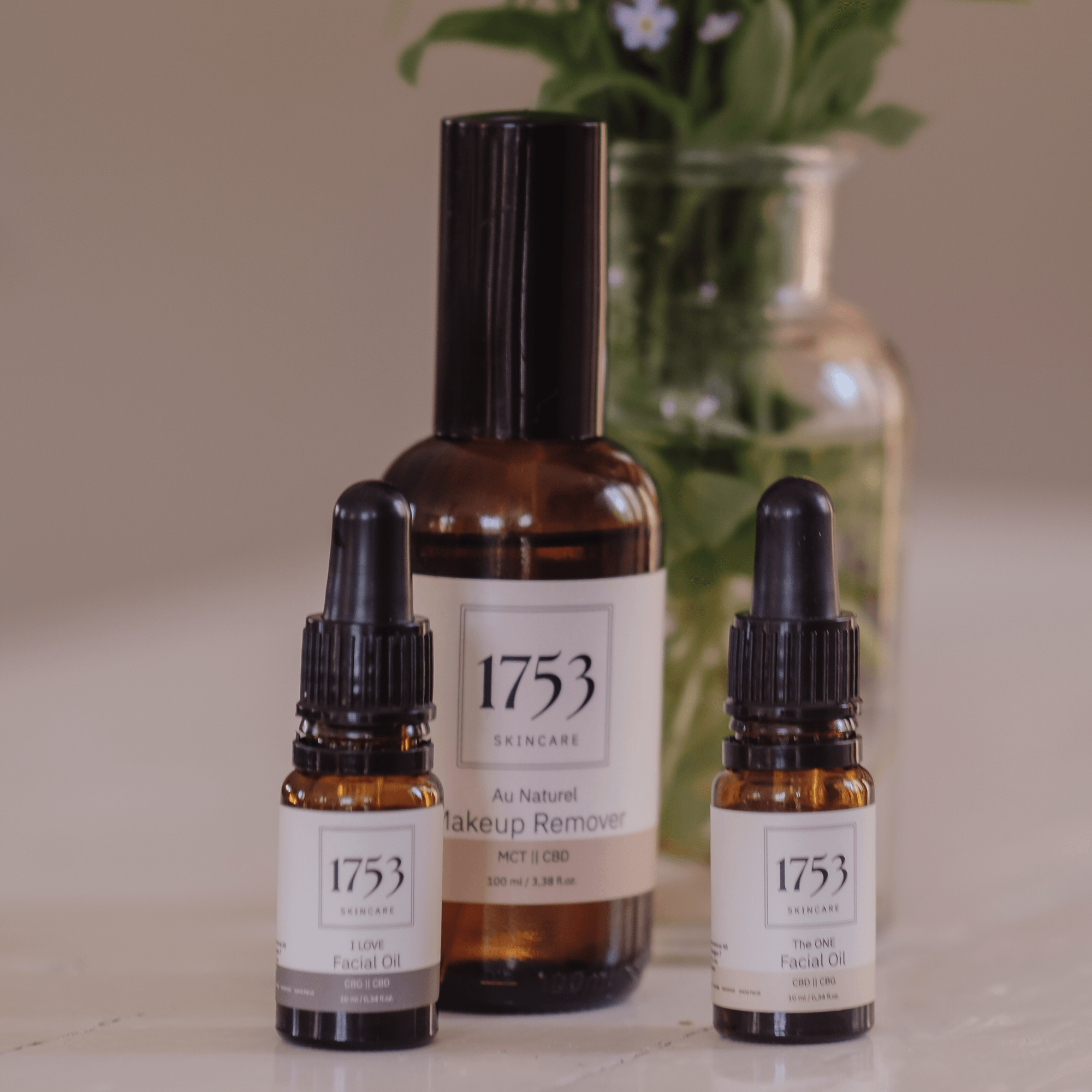Rosacea || A Brief Guide to Everything You Need to Know!

What is Rosacea?
Rosacea is a chronic inflammatory skin condition that primarily affects the face. It is characterized by redness, visible blood vessels, bumps, and sometimes pustules. The condition is more common in people with fair skin and typically affects middle-aged individuals. Rosacea is classified into four main subtypes:
1. Erythematotelangiectatic Rosacea: Characterized by persistent redness and visible blood vessels.
2. Papulopustular Rosacea: Resembles acne with bumps and pustules on reddened skin.
3. Fimatous Rosacea: Causes thickened skin, often on the nose, leading to a bulbous nose (rhinophyma).
4. Ocular Rosacea: Affects the eyes, leading to redness, irritation, and swelling.
The symptoms of rosacea include:
- Persistent facial redness
- Visible blood vessels
- Small, red, pus-filled pustules
- Burning or stinging sensation
- Dry, sensitive eyes (in the case of ocular rosacea)
It can sometimes be difficult to distinguish rosacea from other similar skin conditions, and there are no specific tests for rosacea. However, a dermatologist can often rule out other skin diseases that may have similar symptoms.
Lifestyle Factors that Trigger Rosacea
Many lifestyle factors can trigger or worsen rosacea. Here are some of the most common:
1. Diet: Certain foods and drinks are known to trigger rosacea. These include spicy foods, alcohol (especially red wine), hot beverages (like coffee and tea), and some dairy products.
2. Environment: Extreme weather conditions, such as strong sun, cold, and wind, can exacerbate rosacea. Using sunscreen and dressing appropriately for the weather can help reduce these effects.
3. Stress: Emotional stress is a known trigger for many with rosacea. Relaxation techniques such as meditation, yoga, and deep breathing can help reduce stress levels.
4. Skincare Products: Using harsh skincare products or cosmetics can irritate the skin. It’s advisable to use as few skincare products as possible, and those you do use should contain very few ingredients that are naturally found in and on the skin.
5. Exercise: Intense workouts that raise body temperature can trigger rosacea. Exercising in cooler environments and opting for low-intensity workouts may be beneficial.
The Role of the Endocannabinoid System and Rosacea
The endocannabinoid system (ECS) is a complex biological system that plays a role in regulating various physiological processes, including inflammation and skin health. The ECS consists of endocannabinoids (the body's own cannabinoids), receptors (CB1 and CB2), and enzymes that synthesize and break down endocannabinoids.
Research has shown that the ECS can affect skin homeostasis and inflammation. In rosacea, where inflammation is a central part of the disease process, the ECS may be an important factor.
How a Well-Functioning ECS Can Help with Rosacea
1. Regulation of Inflammation: The ECS has anti-inflammatory properties. Endocannabinoids like anandamide and 2-AG can bind to CB2 receptors in the skin and reduce inflammatory responses. This can help decrease redness and swelling associated with rosacea.
2. Skin Barrier Function: The ECS plays a role in maintaining the skin's barrier function. A well-functioning barrier can protect against external irritants that can trigger rosacea.
3. Sebum Production: The ECS influences the function of sebaceous glands and can regulate sebum production. Excess sebum production can worsen rosacea, so balancing this production may be beneficial.
4. Pain Relief: The ECS may have analgesic properties that can help alleviate the burning and stinging sensations often experienced with rosacea.
Lifestyle Changes to Support the ECS and Reduce Rosacea
To support the ECS and thereby reduce symptoms of rosacea, the following lifestyle changes may be helpful:
1. Diet: An anti-inflammatory diet rich in omega-3 fatty acids, antioxidants, and fiber can support the ECS. Avoiding known diet-related triggers for rosacea is also important.
2. Stress Management: Regular practice of relaxation techniques can help keep the ECS balanced and reduce stress-related rosacea flare-ups.
3. Skincare: Using skincare products that contain cannabinoids (such as CBD and CBG) may potentially relieve symptoms by directly affecting the ECS in the skin.
4. Sleep: Quality sleep is crucial for overall body health, including the ECS. Maintaining a regular sleep routine can help keep the ECS functioning well.
5. Exercise: Regular, moderate exercise can support the ECS and reduce inflammatory processes in the body.
Rosacea is a complex skin condition that can be influenced by many external and internal factors. By understanding these factors and implementing lifestyle changes, symptoms can be alleviated. Supporting and maintaining a good function of the endocannabinoid system can play an important role in managing rosacea, thanks to its ability to regulate inflammation, skin barrier function, and sebum production.
Read more about our skincare routine that boosts your skin's endocannabinoid system function!
Sources:
- [NCBI: Rosacea](https://www.ncbi.nlm.nih.gov/pmc/articles/PMC7858727)
- [NCBI: Endocannabinoid System](https://www.ncbi.nlm.nih.gov/pmc/articles/PMC10689680/)
- [NCBI: Cannabinoids and Skin Health](https://www.ncbi.nlm.nih.gov/pmc/articles/PMC6429381/)
- [NIAMS: Rosacea](https://www.niams.nih.gov/health-topics/rosacea)
- [MDPI: Cannabinoids in Dermatology](https://www.mdpi.com/1422-0067/24/22/16523)




Comments